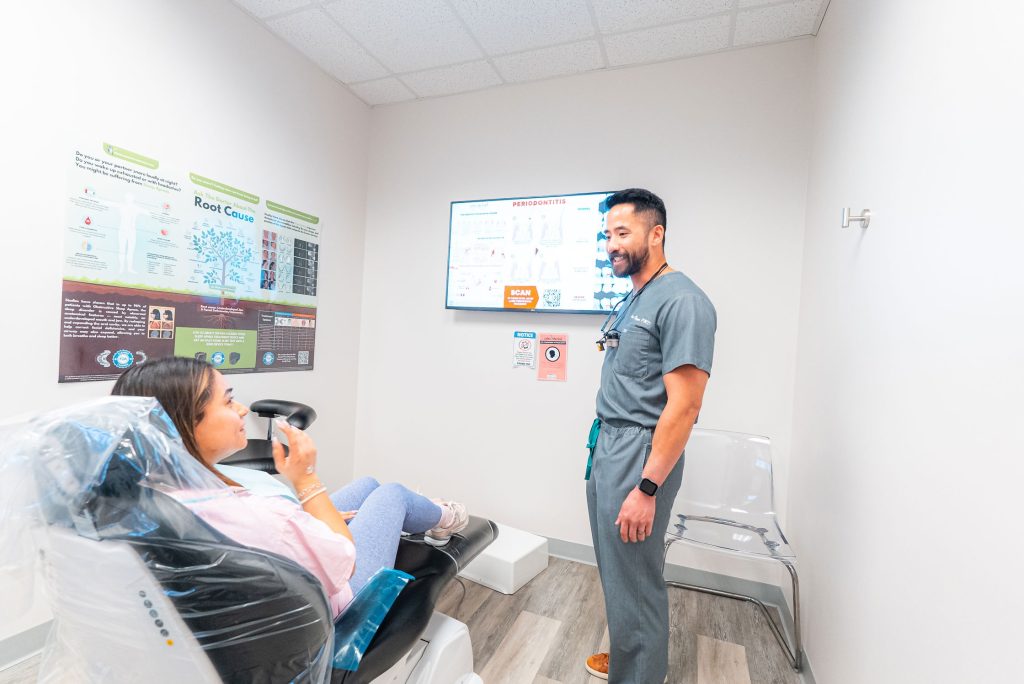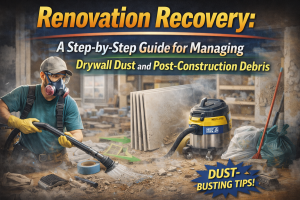Dental trauma can occur unexpectedly, whether from a sports injury, a fall, or an accident. Knowing the correct steps to take immediately after such an incident can save your teeth, reduce pain, and prevent long-term complications. In this article, we will discuss best practices after dental trauma, focusing on urgent care options and expert recommendations. If you’re searching for “emergency dentistry” or “emergency dental extraction near me,” these guidelines will help you make informed decisions and ensure proper recovery.
Why Immediate Action Matters After Dental Trauma
When dental trauma occurs, time is of the essence. Delayed treatment can lead to severe complications, including infection, tooth loss, or permanent damage to the supporting bone structure. Seeking prompt care from professionals like Emergency Dentist Houston ensures that the injured tooth is evaluated and treated appropriately. Immediate action increases the likelihood of saving the natural tooth and prevents further oral health issues.
What Are the Common Types of Dental Trauma?
Understanding the type of dental trauma can help guide the appropriate response. Common types include:
- Chipped or Fractured Teeth – Minor cracks or chips can often be treated quickly with dental bonding or crowns.
- Dislodged (Luxated) Teeth – A tooth may be pushed sideways, loosened, or partially out of the socket.
- Knocked-Out (Avulsed) Teeth – A complete tooth loss from the socket requires urgent reimplantation.
- Soft Tissue Injuries – Damage to gums, lips, or the inside of the mouth often accompanies dental trauma.
- Jaw Fractures – Severe trauma may also affect the jawbone, requiring specialized care.
Knowing the type of injury helps dental professionals prioritize treatment and determine if procedures like emergency dental extraction near me are necessary.
How Should You Handle a Knocked-Out Tooth?
A knocked-out tooth is a dental emergency that requires immediate attention. Follow these steps to increase the chance of successful reimplantation:
- Handle the Tooth Carefully – Hold the tooth by the crown, not the root, to avoid damaging the cells required for reattachment.
- Rinse Gently – If the tooth is dirty, rinse it with saline solution or milk. Avoid scrubbing or using soap.
- Reposition If Possible – If feasible, place the tooth back into the socket and gently bite down on gauze to hold it in place.
- Keep the Tooth Moist – If reimplantation is not possible, store the tooth in milk, saline solution, or the patient’s saliva.
- Visit an Emergency Dentist Immediately – Prompt professional care within 30–60 minutes is crucial for the best outcome.
Contacting Emergency Dentist Houston immediately ensures that the tooth is assessed and treated before permanent damage occurs.
What Should You Do for a Chipped or Fractured Tooth?
Chipped or fractured teeth are common after dental trauma. Best practices include:
- Rinse Your Mouth – Use warm water to clean the affected area.
- Stop Any Bleeding – Apply gentle pressure with gauze to control minor bleeding.
- Reduce Swelling – Apply a cold compress to the outside of the cheek for 10–15 minutes.
- Protect the Tooth – Avoid chewing on the injured side and maintain oral hygiene to prevent infection.
- Schedule Immediate Evaluation – Even minor chips may expose the pulp, requiring urgent care.
Early intervention by Emergency Dentist Houston prevents the need for extensive dental procedures later.
How Do You Handle a Loose Tooth After Trauma?
A tooth may become loose after an accident, even if it remains in the socket. Steps to follow include:
- Avoid Wiggling the Tooth – Excess movement can worsen damage.
- Rinse with Salt Water – Helps clean the area and reduce infection risk.
- Soft Diet – Stick to soft foods to minimize stress on the tooth.
- Seek Immediate Care – A dentist will stabilize the tooth, possibly using splints or other techniques.
Prompt professional evaluation ensures the best chance of preserving natural teeth and reducing long-term complications.
What Are the Signs That You May Need an Emergency Dental Extraction?
In some cases, the tooth may be too damaged to save, making emergency dental extraction near me necessary. Indications for extraction include:
- Severe tooth fracture that cannot be restored.
- Persistent pain or infection.
- Extensive bone or gum damage.
- Risk of affecting neighboring teeth.
Visiting an emergency dental clinic ensures timely treatment and prevents further complications.
How Can You Manage Pain and Swelling After Dental Trauma?
Managing discomfort is crucial while waiting for professional care:
- Use Cold Compresses – Reduces swelling and numbs the affected area.
- Take Over-the-Counter Pain Relief – Medications like ibuprofen or acetaminophen can help, but follow dosage instructions.
- Avoid Hot or Hard Foods – Stick to soft and cool foods to prevent additional discomfort.
- Maintain Oral Hygiene – Gently rinse with saline or antiseptic mouthwash to prevent infection.
Pain management is temporary, but professional evaluation is essential to address the underlying problem.
Why Follow-Up Care is Critical After Dental Trauma
Even after initial treatment, follow-up appointments are crucial to monitor healing, prevent infection, and detect complications. Dentists may recommend X-rays, splints, or additional restorative procedures. Following these instructions ensures long-term oral health and functionality.
How Can Preventive Measures Reduce the Risk of Dental Trauma?
Preventive practices are key to minimizing future dental injuries:
- Wear Mouthguards – Essential for contact sports or high-risk activities.
- Practice Safe Habits – Avoid chewing hard objects, such as ice or pens.
- Maintain Good Oral Hygiene – Healthy teeth are less prone to fractures and infections.
- Regular Dental Checkups – Routine visits allow early detection of weak teeth or other vulnerabilities.
By combining preventive care with knowledge of emergency procedures, you can protect your smile and overall dental health.
Conclusion: Immediate Care Saves Teeth
Dental trauma can be alarming, but understanding the correct response improves outcomes. Whether it’s a chipped tooth, a dislodged tooth, or a severe injury requiring emergency dental extraction near me, taking immediate action is vital. Seeking professional care from Emergency Dentist Houston ensures proper treatment, pain management, and long-term oral health. Remember, prompt response, careful handling, and follow-up care make all the difference after a dental trauma.









